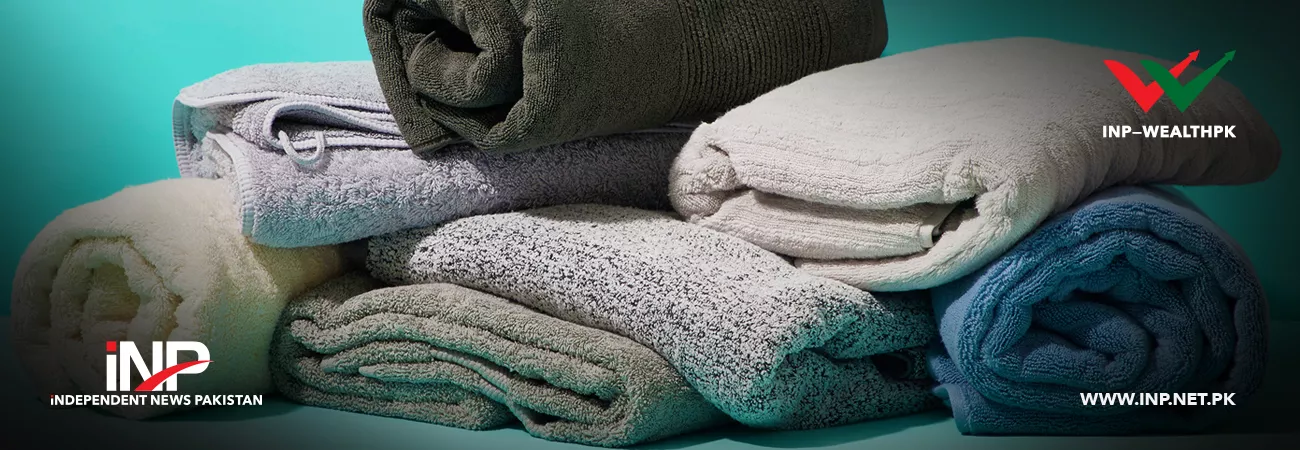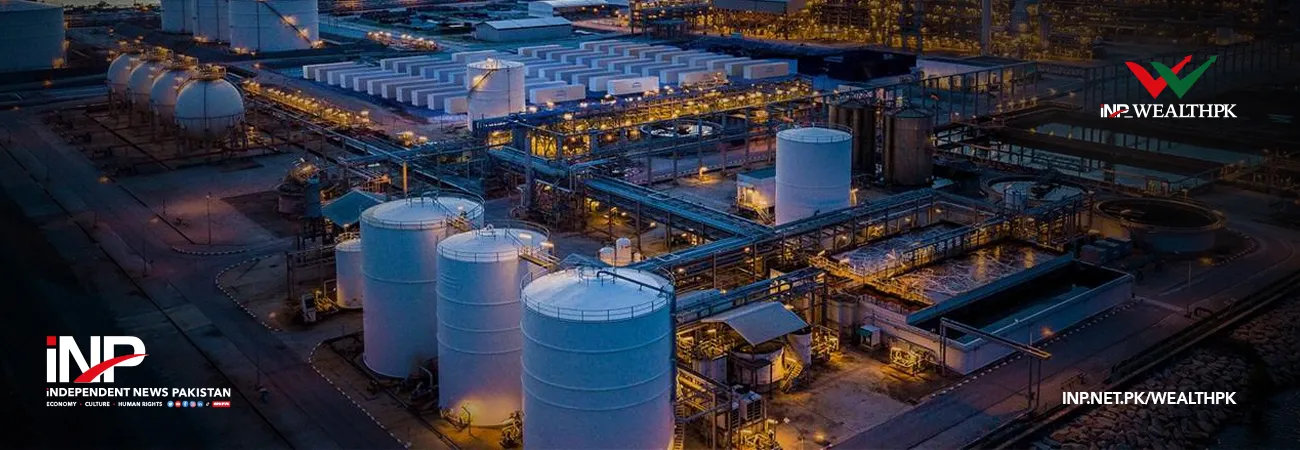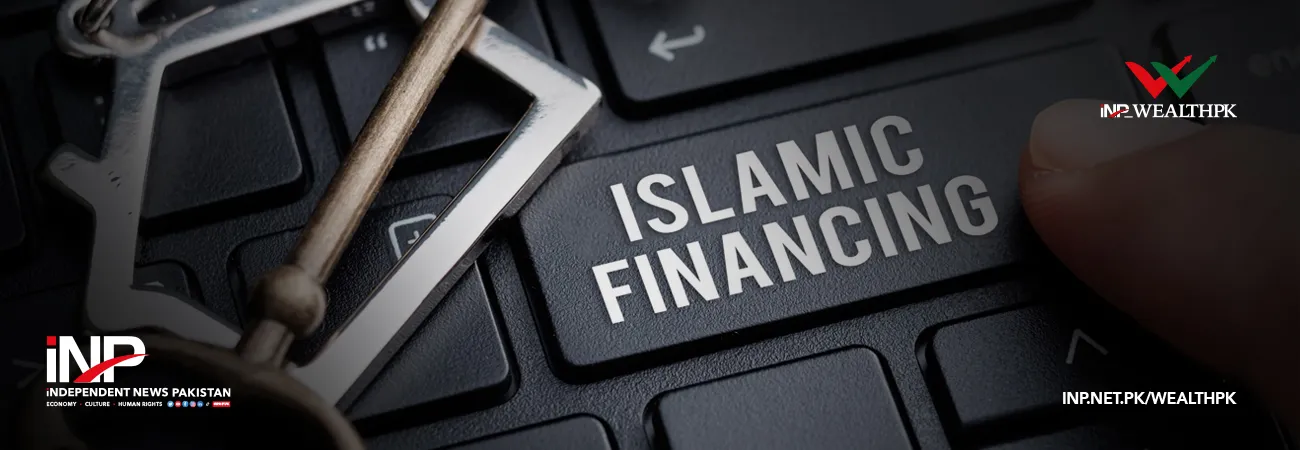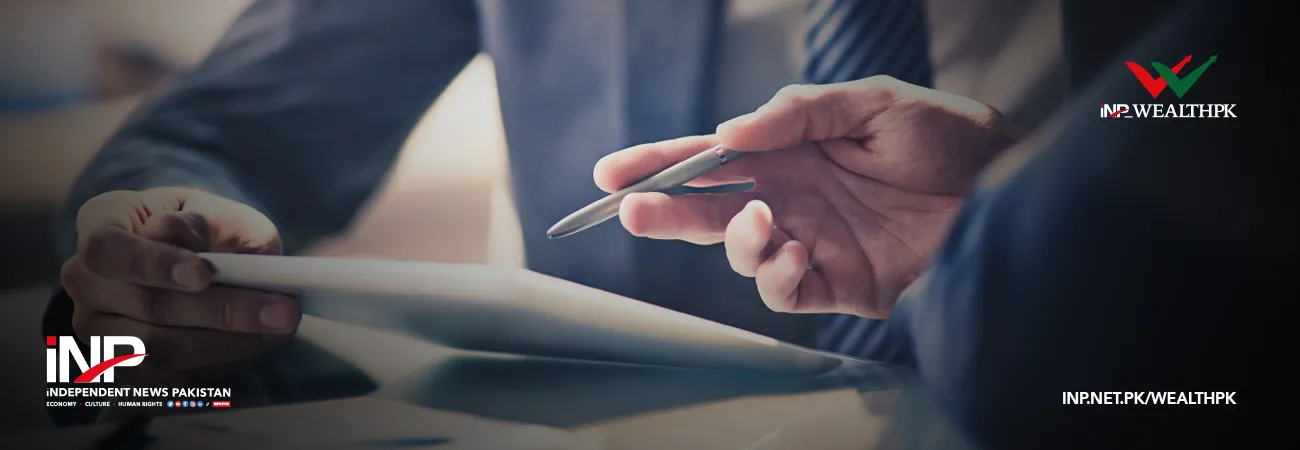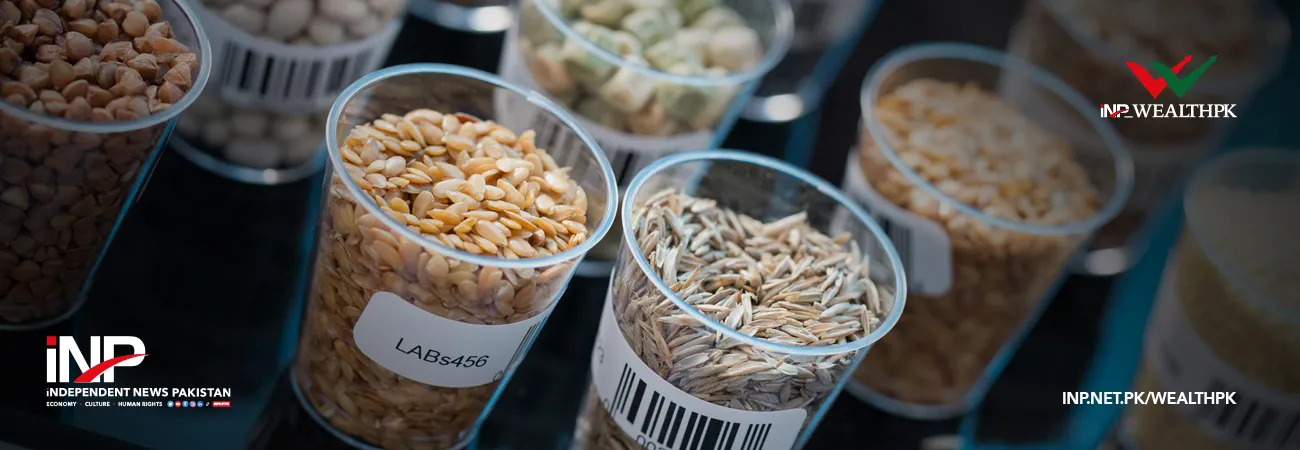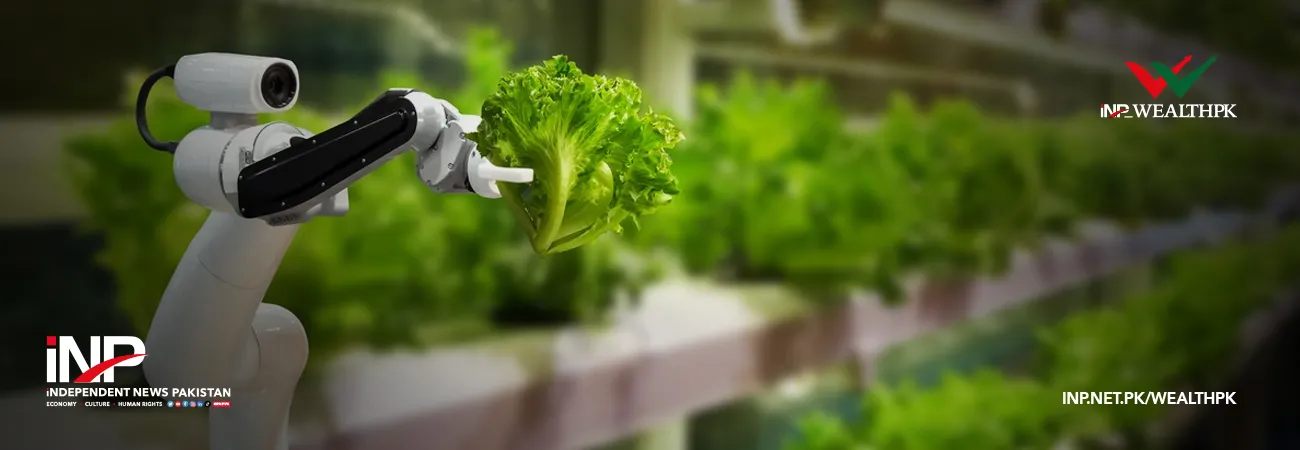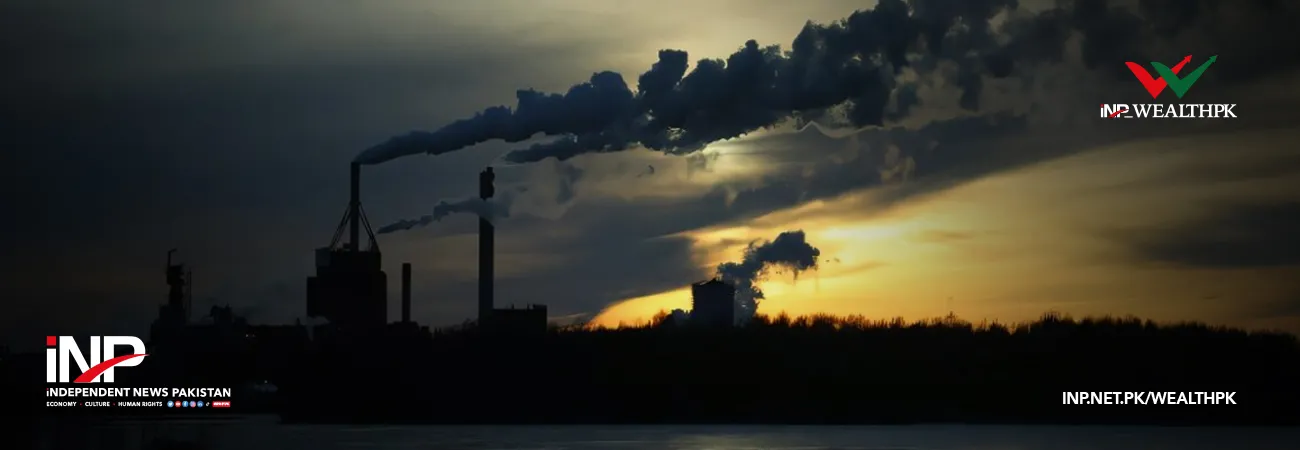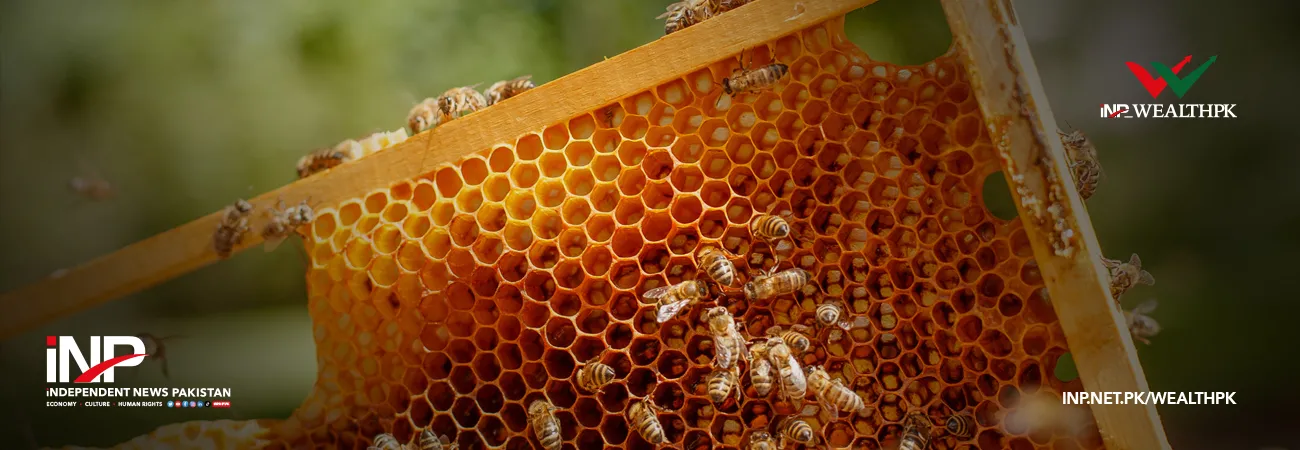INP-WealthPk
Arsalan Ali
Applying cutting-edge technology and reducing duties on import of raw material can help Pakistan unleash its potential in towel exports.
Talking to WealthPK, Amjad Hussain, Assistant Manager at Sadaqat Textile Mills, Faisalabad, said Pakistan has the potential to lead the global towel market by using cutting-edge technology, focusing on research and development, as well as ensuring innovation and value addition.
He said the major export markets for Pakistani towels are the United States, the United Kingdom, Germany, and the Netherlands. He added that during the last fiscal year 2021-22, the export of towels was recorded at $1.11 billion.
Data from the Pakistan Bureau of Statistics indicates that the export of towels in August 2022 was recorded at $75.036 million, showing a decline of 9.37% over the same month of the previous year. Moreover, during the first two months of (July-Aug) FY23, exports of towels were recorded at $150 million, showing a decline of 6.61% over the same months of last year.
Amjad Hussain said that Pakistan’s major competitors in towel export are China, India and Vietnam, adding that Pakistan should encourage towel manufacturers and exporters to adopt modern production techniques to compete with their counterparts.
He added that exporters faced tough competition from their peers due to higher cost of production caused by lack of modern production technology.
Amjad Hussain said that raw materials used in production of towels included cotton yarn and dyes, most of which were produced locally, but were of rather low quality. To improve the quality of towels, producers of dyes would have to improve their quality, he underscored.
He added that devastating flooding had destroyed cotton crop on a vast area, which would also dent the textile sector’s ability to achieve the export target for the current financial year.
The textile mills official said that Pakistan should seek new markets to increase its towel exports. Non-traditional markets such as Russia, Japan, Australia, Austria, France and Canada have significant potential for towel exports, he added.
According to a report published by Pakistan Trade Development Authority, most of the raw materials for towel manufacturing are produced locally. The local producers of dyes and yarn are protected by the government’s imposition of import and customs duties ranging from 5% to 26%.
The report points out that the existing import duties (customs duty, additional duty, and regulatory duty) protect local dye manufacturers while increasing costs for textile manufacturers. The report recommends that lowering import duties on dyes will benefit both the industries.
According to the Pakistan Business Council, the country underperforms in towel exports due to limited access to technology and use of outmoded machinery, ineffective image-building and brand-development strategies, as well as the effects of currency fluctuation.
Amjad Hussain continued that the towel industry is labour-intensive, but scarcity of skilled labour hampered export growth in terms of quality, productivity and value addition.
He suggested launching internationally-recognised training programmes for workers to enhance their skills and outputs. He said towels made from dyed yarn have greater value than piece-dyed ones.
Credit : Independent News Pakistan-WealthPk



